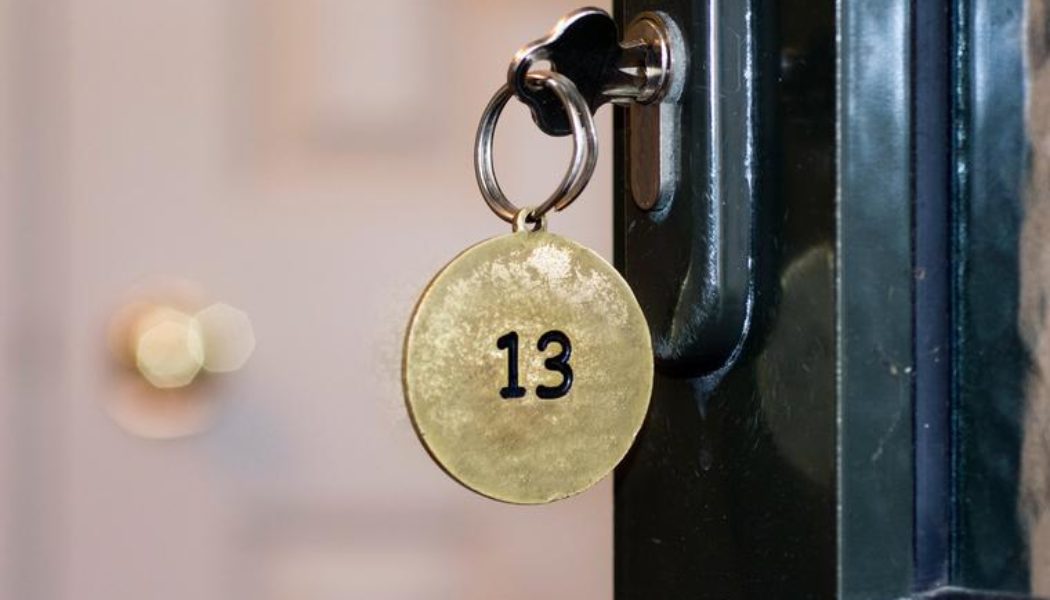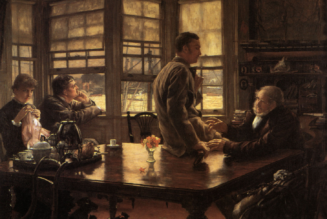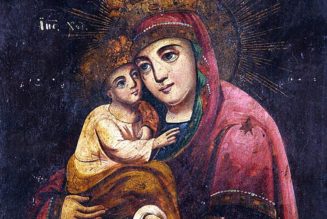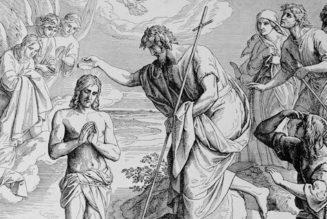
‘Superstition is the deviation of religious feeling and of the practices this feeling imposes. … To attribute the efficacy of prayers or of sacramental signs to their mere external performance, apart from the interior dispositions that they demand, is to fall into superstition.’ (CCC 2111)
Catholics can slip into superstition without realizing it. Exorcists warn against getting involved in the occult and superstitions since they open the door to powers not of God. In the spirit world, there are only two choices: God or the devil.
Scripture warns us: “Don’t turn to ghosts or consult spirits by which you will be defiled” (Leviticus 19:31). The First Commandment tells us: “I am the Lord thy God; thou shalt not have false gods before me.”
Between many interviews with exorcists over the years and also witnessing good Catholics put faith into superstitious beliefs, I devised a quiz to help identify common spiritual traps.
True or False:
(1) Reading horoscopes just for fun is not a problem if you don’t believe in them.
(2) There’s nothing wrong with wearing my lucky shirt for a big challenge.
(3) Blessed medals can be used for spiritual protection.
(4) Throwing pennies into a wishing pond and making a wish is okay just for fun.
(5) Curses are real and can harm you.
(6) Burying a St. Joseph statue is an acceptable Catholic practice.
(7) Praying the same short prayer over and over like a mantra is more superstitious than prayerful.
(8) Knocking on wood to ward off bad luck after tempting fate is a harmless habit.
(9) Holy water is only a symbol not something with power attached to it. If you treat it as having power, you are superstitious.
(10) Chalking a door with an Epiphany blessing is like placing a horseshoe over your door — both are simply symbols of protection.
Answers:
(1) Catholic Answers explains that horoscopes go against the First Commandment. If you read them “just for fun,” find a new hobby.
(2) Some say the “lucky shirt” is just a security blanket, nothing superstitious. Wearing something to feel or look good to build confidence, is not a problem. If you wear something believing it gives you good luck, that attributes power to an object and thus, superstitious.
(3) Once blessed, medals are sacramentals that really do offer protection. Catholic Answers explains: “It is only the power of God that can protect us. It so happens that at times God has revealed either directly or through one of his saints that he will grant protection or healing by the wearing of a medal that represents our faith in his love for us.”
According to Allison Gringas, author of Encountering Signs of Faith My Unexpected Journey with Sacramentals, the Saints, and the Abundant Grace of God, “Sacramentals are mystical, not magical; reminders, not talismans; and grace avenues, not grace givers. They are beautiful, tangible ways to embrace the abundant grace God has for each of us. Grace, his undeserved yet freely given gift of his Holy Spirit within each of us, helps us follow his will for us, grow in holiness, and continually offer our yes to being his beloved sons and daughters.”
(4) Superstitious. Pennies don’t grant wishes, but God hears our prayers. If you make a wish and throw a penny in a pond, where do you think your wish is going?
(5) Whether you should be afraid if someone puts a curse on you depends on you. Exorcists frequently see people suffering from curses. In an interview for a previous article, Father Vincent Lampert, an exorcist in the diocese of Indianapolis, said that with faith, we need not fear evil.
“The power of God is greater than the power of evil. I don’t carry a bag of tricks with me, I bring the power and authority of Jesus Christ that he has given to his Church. If we stay away from the occult, go to Mass, have faith in God, and pray, we are protected and even a curse will bounce off us. The devil is already on the run if you are going to church and especially if you are receiving Communion.”
According to him, people wanting relief from evil need to grow in faith. “If they are not going to change anything about their life, then throwing holy water at them and praying will do nothing,” he said. “They have to be willing to pray and draw closer to God.”
(6) Don’t bury a statue of St. Joseph, says Father Calloway, author of Consecration to St. Joseph: The Wonders of Our Spiritual Father. “Statues represent a person and are meant to be venerated above ground, not buried in the ground. … Whatever you do, never bury a statue of St. Joseph upside down. People sometimes do this bizarre practice as a form of spiritual bribery, promising to turn the statue of St. Joseph right side up only if their home is sold. Such a practice is akin to treating a statue of St. Joseph as a talisman or a good luck charm. St. Joseph is your spiritual father, not a trinket.”
(7) Repeating a short prayer over and over connects you with God. Mantras not connecting with God but believing it has some power is occult.
(8) Knocking on wood as protection against tempting fate is not turning to God. The fixation on wood may come from old myths about good spirits in trees or from an association with the Christian cross. Similar phrases are known to be said in multiple languages suggesting a desire not to upset a spiteful universe. Say a prayer instead.
(9) Holy water blessed by a priest is blessed by God in virtue of Christ’s baptism. The Catholic Church possesses the power to impart sacramental grace. Holy water as a sacramental receives its power through the prayer and authority of the Church.
(10) Horseshoes were first considered lucky by blacksmiths, believing that fire and iron had magical powers and could ward off spirits, but the ends must point upward. Definitely superstitious.
Chalking your door means inscribing 23 + C + M + B + 23 in chalk over a doorway. It looks superstitious but it’s not. The letters represent the initials of the Magi — Caspar, Melchior and Balthazar — who came to visit Jesus. It is also an abbreviation of the Latin phrase, Christus mansionem benedicat: “May Christ bless the house.” The “+” signs represent the cross, and the number at the beginning and the end mark the year.
The inscription is a request for Christ to bless the home throughout the entire year. It is an old practice throughout the world, done on New Year’s Day or on the traditional Feast of the Epiphany.
In all cases, staying away from superstition means not entertaining practices that break the First Commandment — not even “just for fun.” Any claim of power not coming from God, is against him. Only God can pour blessings upon us and protect us from evil to live our best life.









